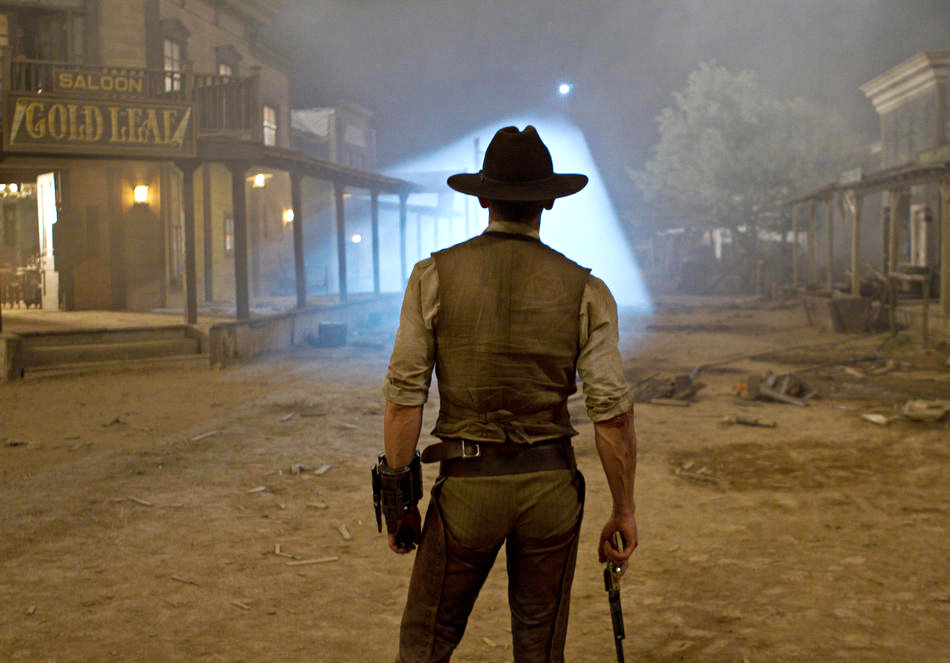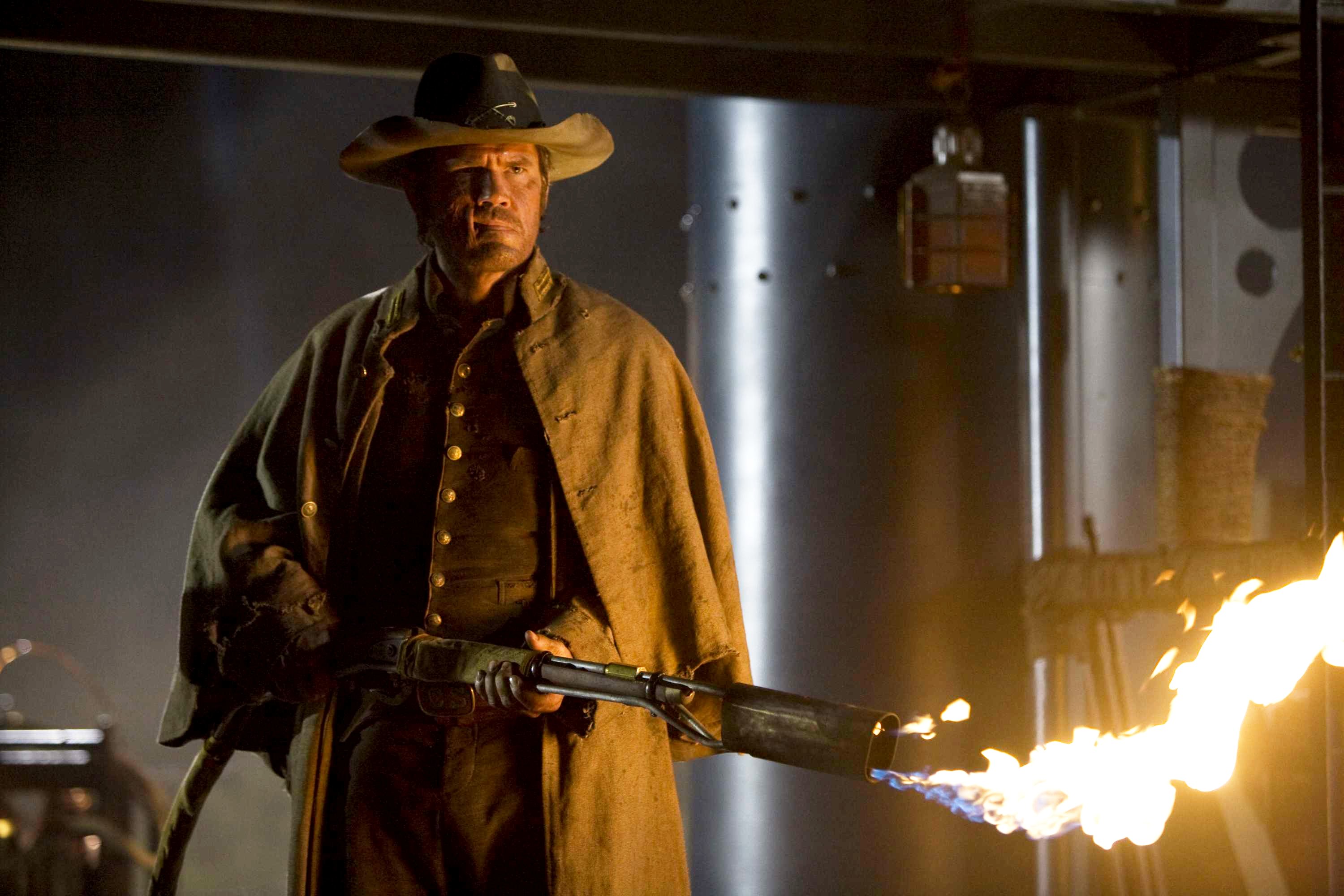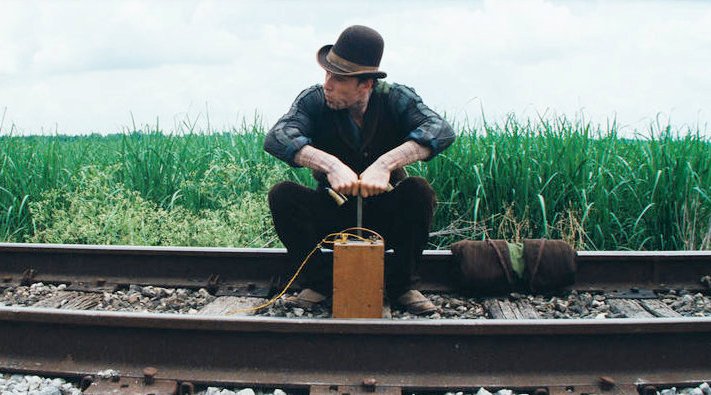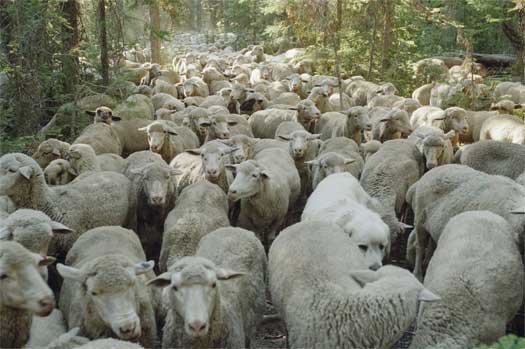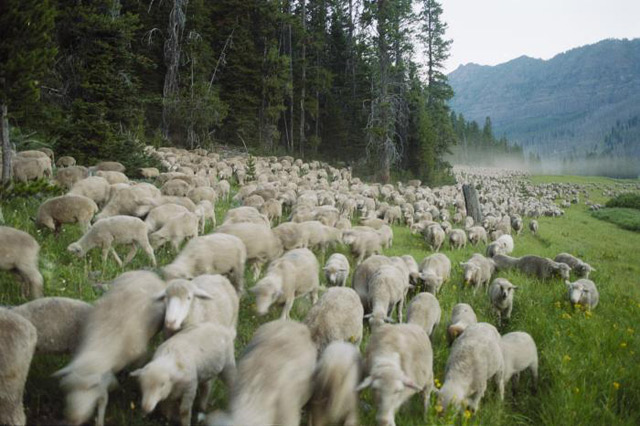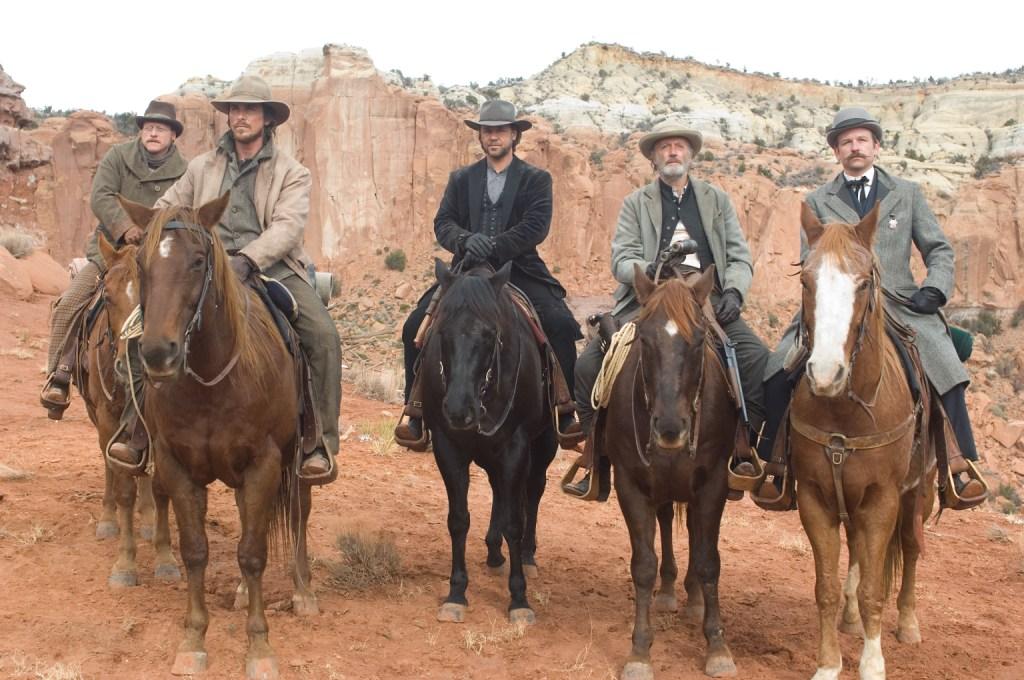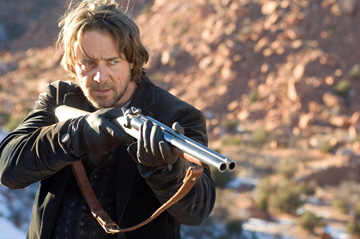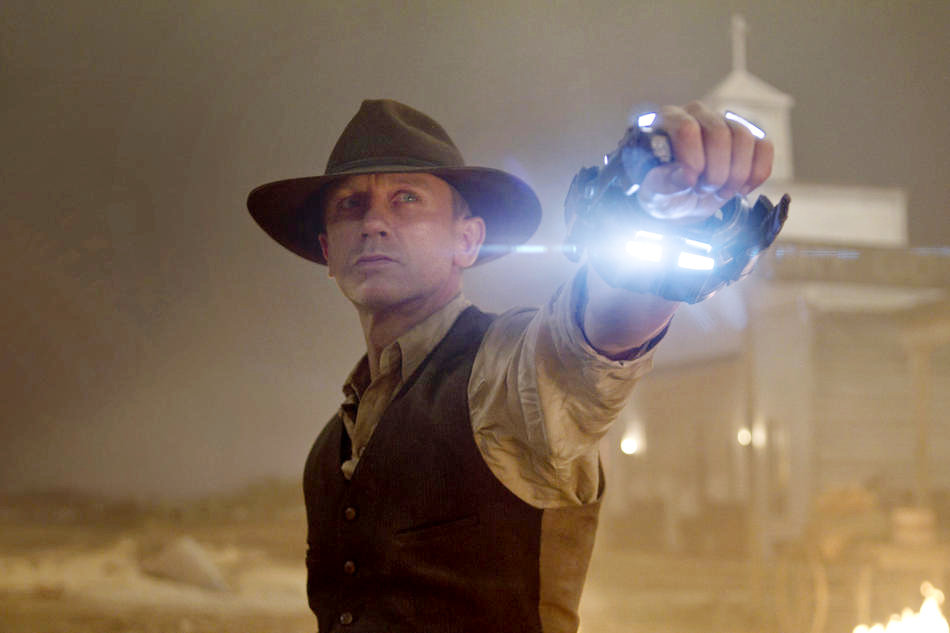
I know I wasn’t the only movie fan out there rooting for Jon Favreau’s sadly boring Cowboys and Aliens to be the hit of the summer. The cast is a Murderer’s Row of fanboy favorites, from Daniel Craig and Harrison Ford as the headliners to Sam Rockwell, Keith Carradine, and Clancy Brown in the margins. Favreau is generally considered to be a good guy, and with Swingers and Iron Man under his belt, he’s built up a lot of goodwill in the genre community (which he didn’t lose with Iron Man 2, since that film is generally considered a rush job.) And I, like many others, was rooting for Ford in particular to break out of a decade-long funk, and it seemed like Favreau might’ve figured out how to get it done.
So, I’m sorry to report, even at this late date, that Cowboys and Aliens is more deadwood than Deadwood. It’s not Wild Wild West bad, I guess, but there’s no narrative urgency to be had here at all. It’s almost sad, really. Some estimable production values are put into service of a total snoozer of a script. And even with all the star power involved — the movie just never finds a spark to get things moving. By 20 minutes in, I had gotten bored with it, and after an hour I was just dutifully waiting for the credits.
So what in blue tarnations happened? Well, laziness abounds here — to take just example, the aliens here are close kin to what we just saw skulking about Super 8. But I expect much of this film’s inertia lies with the fact that, like Green Lantern, Cowboys and Aliens could field an entire pick-up basketball team with its bevy of screenwriters, and the resulting mess shows. Apparently these five (six if you count story credits) souls presumed that, if they just threw enough stock characters at the story, the so-low-its-high concept of cowboys vs. aliens would simply carry the movie. Suffice to say, it doesn’t work out that way.
As the film begins, a man with piercing blue eyes and no memory to speak of (Craig) wakes up in the desert, a photograph of a woman in his hand and a strange metal shackle on his arm. After handily dispatching some would-be bandits, he rides to the nearby watering hole of Absolution, where he soon makes nice with the local preacher (Brown), meets a mysterious and alluring beauty (Olivia Wilde), gets into fisticuffs with the spoiled son (Paul Dano) of local tough guy Colonel Woodrow Dolarhyde (Ford), and discovers from the sheriff (Carradine) that he’s really a ne’er-do-well named Jake Lonergan, and wanted for a stagecoach robbery. Just as this newly-rechristened Lonergan is about to be brought back East in chains to serve hard time, the real trouble begins.
That would be the eponymous aliens, who, out of nowhere, strafe this sleepy Western town and abduct many of its fine, upstanding citizens, including the sheriff, Dolarhyde’s bratty son, and the wife (Ana de la Reguera) of the local saloon proprietor (Rockwell). And so the survivors of this dastardly attack band together to reacquire their kinfolk. Their ace-in-the hole on this mission is Lonergan, whose shackle has a very useful laser cannon within, and who now can kinda sorta remember a previous encounter he and his ladyfriend (Abigail Spencer, a.k.a. Don Draper’s kindergarten squeeze on Mad Men) had with the invaders. But Winning the West back from aliens who enjoy an overwhelming technological superiority is a horse of a different color from fighting indians or poachers. In fact, come to think of it, indians and poachers might come in real handy right about now…
If this synopsis makes it sound like Cowboys and Aliens is a ripping western adventure yarn, well, don’t be fooled, stranger: The result is more than a little dull. It doesn’t help that the movie continually makes lazy Screenwriting 101 (or worse) choices as it goes along. Yes, we do have both a little kid and a dog on this mission, and, yes, the two do form a bond. Yes, Old Man Dolorhyde has some growin’ to do, particularly with regards to his “adopted” Native American son (Adam Beach of Flags of our Fathers), whom he mistreats for no particular reason. So why are the aliens here on Earth in the first place? Er…I dunno…shall we say gold? What’s that you say, Rockwell’s character can’t shoot straight? Hmm, well I sure hope he gets that squared away by the third act!
As I said in the favorite movies post yesterday, Rockwell is probably the best thing about Cowboys and Aliens, and the only person who occasionally spins the proceedings here into gold. (His character actor compadres, Carradine and Brown, aren’t given enough to do) For his part, Craig is…well, ok — He does the steely badass thing well enough. But before I saw this, I was thinking of him as Bond and Layer Cake, i.e. a mark of quality. Only as the film rolled did I remember: Oh, yeah, he’s actually in a lot of crap too, like Road to Perdition and The Jacket.
As for Ford, well he’s not bad either, to be honest, and he does seem engaged in the material. But, there’s something off as well — Like Pacino-as-Pacino, DeNiro-being-DeNiro, and Nicholson-doing-Nicholson, he seems to have reached that age where he can only play himself playing a role. Old actors never sour, I guess. They just go meta. (It reminds me of a recent interview with Andy Serkis on playing Gollum again after ten years, and he said it felt like he was doing an impression of himself the whole time. Ford seems trapped in the same feedback loop.)
And Olivia Wilde — well, I want to like her. She seems smart and funny, she’s easy on the eyes, and she’s the niece of lefty writer Alexander Cockburn. But, lordy, when she first wanders into this movie in her calico print settler’s dress, she’s like an Angel of Boring. I can’t tell if it’s completely her fault, but she and her character, both before after her Big Reveal, definitely contribute to the stultifying air permeating this film. Better luck in the next Tron.
